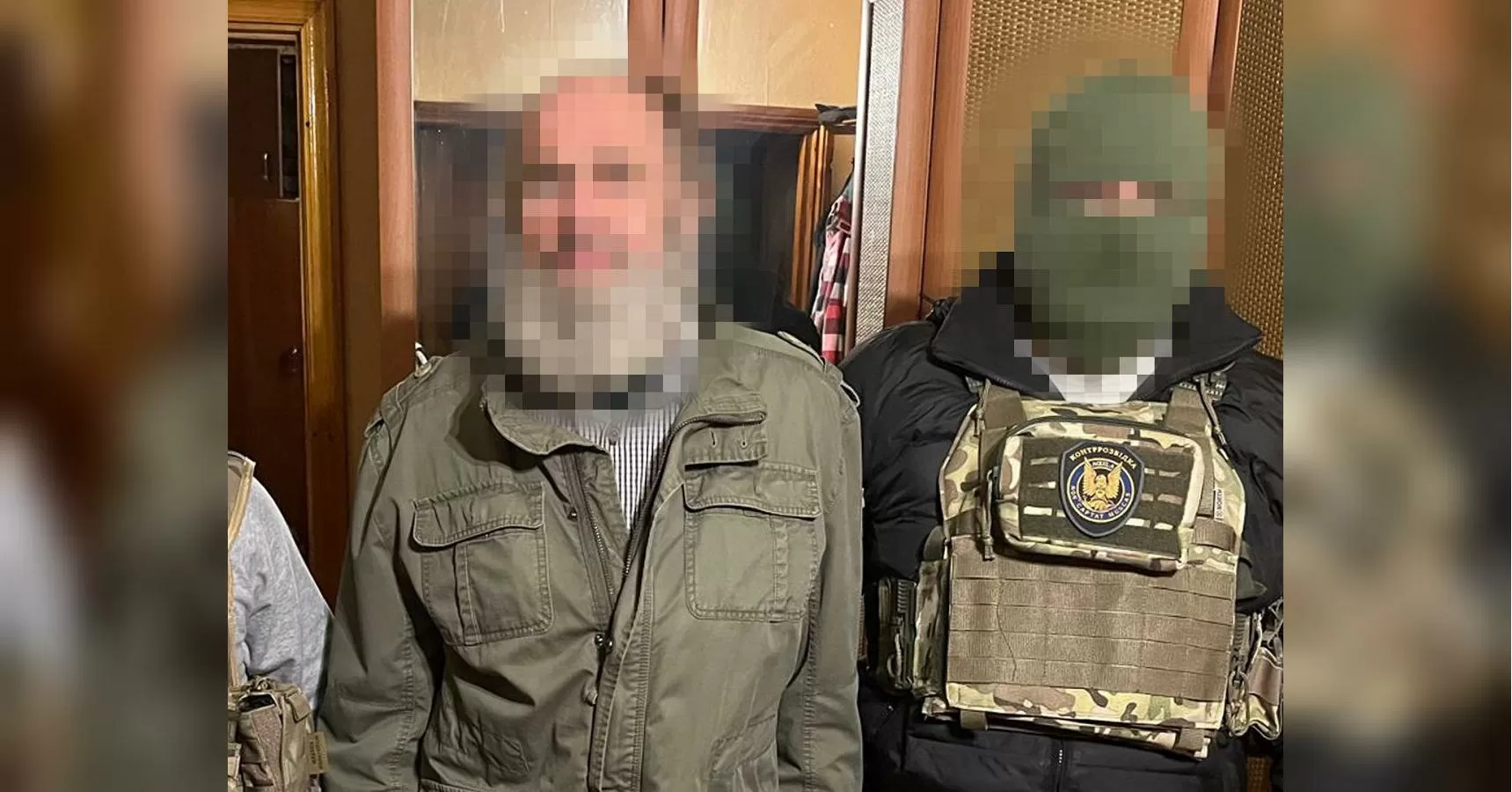Collaborator Disguising Collaboration with Occupiers in the Name of Research on UAVs
Collaboration with occupiers is a sensitive topic that has many ethical implications. It is a form of cooperation with the enemy, which can be seen as treasonous by some and necessary by others. In the world of academia, collaboration with enemy forces is not uncommon, especially in the field of research. However, when this collaboration is disguised and presented as scientific work, it raises questions about the credibility and integrity of the researchers involved.
Recently, a case of a collaborator masquerading as a researcher in the field of unmanned aerial vehicles (UAVs) has come to light. The individual in question, a professor at a prestigious university, was found to have been collaborating with occupiers while presenting his work as legitimate research in the field of UAVs. This discovery has sparked outrage and drawn attention to the issue of collaboration with occupiers in the name of academic research.
The professor in question had been working on UAVs for many years and had built a strong reputation in the field. He had published numerous papers and had even secured funding for his research from various sources. However, it was discovered that his research was not entirely his own. He had been collaborating with occupiers from a country known for its advanced UAV technology, and had been using their knowledge and resources to further his own research.
The professor’s collaboration with occupiers was not evident in his published work. He had cleverly disguised it as his own original research, which had gained him recognition and accolades from the academic community. However, upon further investigation, it was revealed that he had been receiving financial support and access to advanced technology from the occupiers in exchange for his collaboration with them.
This revelation has raised concerns about the credibility of the professor’s work and the integrity of the academic community as a whole. Collaboration with occupiers is often seen as an act of betrayal, especially in cases where the collaboration is kept hidden and presented as legitimate research. It raises questions about the true intentions of the researcher and the validity of their findings.
Furthermore, the issue of collaboration with occupiers in the field of UAVs is particularly concerning due to the sensitive nature of this technology. UAVs have the potential to be used for military purposes, and collaboration with occupiers in this field could have serious national security implications. It is crucial for researchers in this field to maintain the highest ethical standards and avoid any form of collaboration with enemy forces.
The discovery of this collaborator has also drawn attention to the lack of regulations and oversight in the academic community when it comes to collaborations with enemy forces. While collaboration with occupiers is not explicitly prohibited, there is a lack of guidelines and accountability measures in place to ensure that such collaborations do not compromise the integrity of academic research.
In response to this case, the university where the professor worked has launched an investigation and has suspended him from his duties. The academic community has also been discussing the need for stricter regulations and oversight to prevent similar incidents from happening in the future.
In conclusion, the case of a collaborator masquerading as a researcher in the field of UAVs highlights the need for stronger ethical standards and regulations in the academic community. Collaboration with occupiers in the name of research not only compromises the credibility and integrity of the researcher, but also has potential national security implications. It is important for the academic community to take a stand against such actions and ensure that collaborations with enemy forces are conducted in an ethical and transparent manner.

